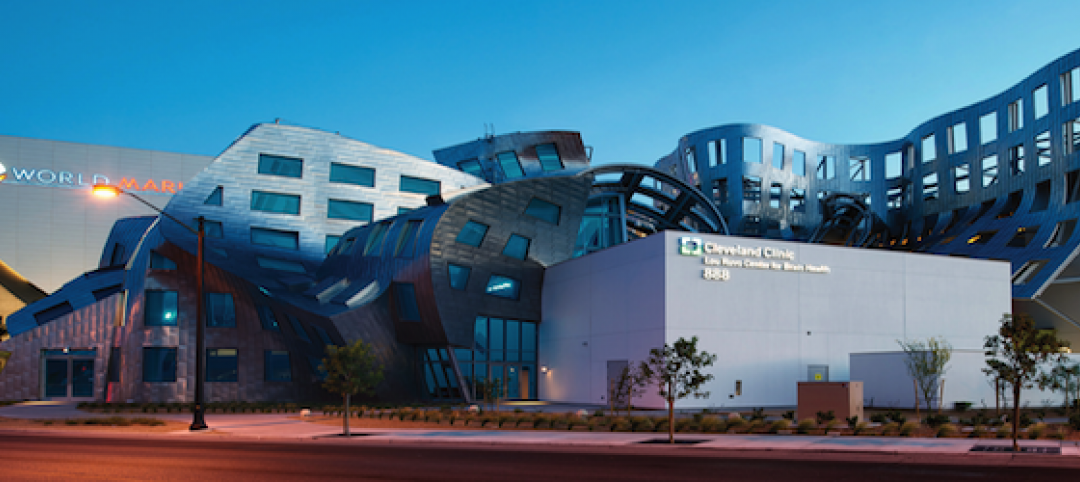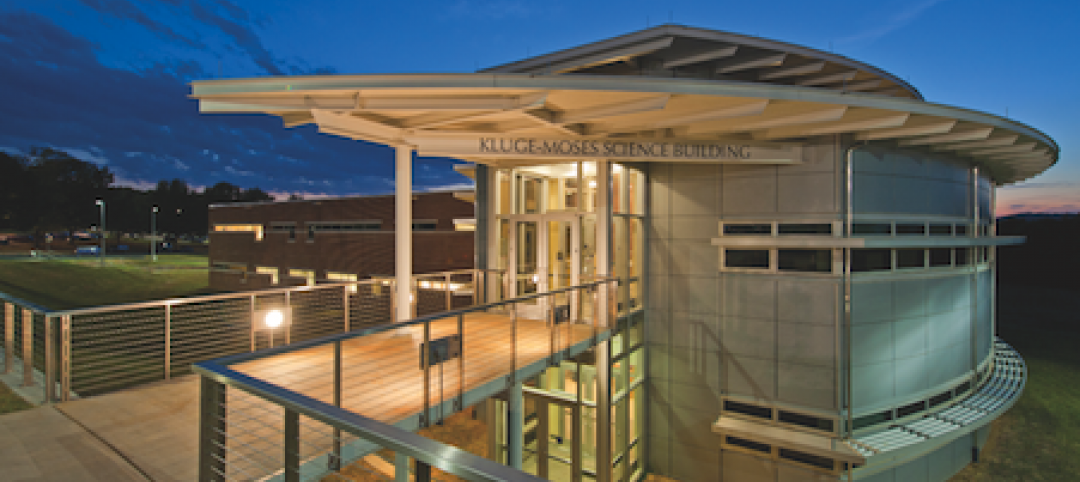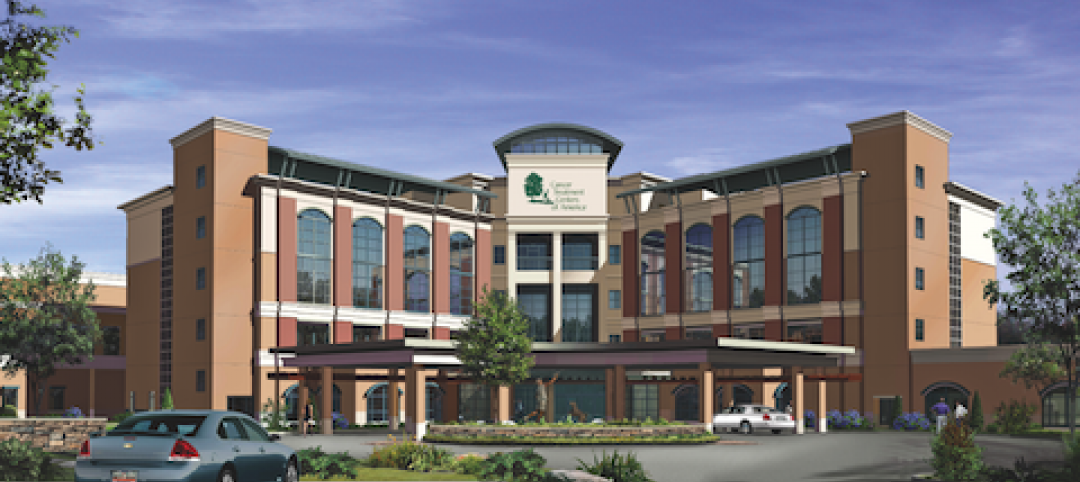SAN JOSE, CA (March 8, 2011) - CRS Roof Consultants, the leading Independent Roof Consulting Firm and authority on Commercial Roof System Investments reports industry losses on the consumption side of the equation. Buyers will be loosing between $2.6B and $5.6B annually, in roof system value by the year 2014.
According to a Freedonia Group, the US Roofing Industry is expected to expand by 2.4% through 2014 reaching nearly $18B in value. Additional reports suggest material cost will rise by 4.5% over the same time period.
Industry Life-Cycle Reports indicate roof systems worldwide fail on average in about 17 years. CRS Roof Consultants who tracts regional life-cycles says dryer states like California experience much shorter life-cycle averages, closer to 14 years for commercial roof systems.
Combined, the numbers represent a 15% to 32% in loss value on the purchase of 20/25 year assets respectively. "Total losses depend on buyer perceptions as to the expected Life-Cycle", said Kevin Cardoza, a Senior Analyst at CRS Roof Consultants. Most consumers (residential and commercial) expect to get closer to 25 years out of a 20 year roof system. Industry reports on premature failures as low as 12 years with an average of 17 years indicate a huge loss in value for buyers.
The installation of Roof Systems entail various components that are assembled to manufacture a complete roof system on-site at building locations. The only available controls close to an equivalent ISO9000 are certifications required by some material manufacturers, which only apply to contractors who offer the manufacturers' extended warranties.
Inefficiencies and generally accepted roof practices at the point of installation account largely for early water intrusion issues, said Dale Rowe (RRO), an Independent Registered Roof Observer and Inspector. Buyers leave the details up to contractors who write bid proposals where architects and general contractors reference warranty specifications but leave out critical roofing project details.
Statistically, roof systems installed in accordance with a set of defined performance rules under a complete roofing project specification outpace expectations and last from twenty to thirty years. Real Estate Investors, Management and Tenants whom adhere to roof system performance objectives tend to reduce long-term asset maintenance expense.
The ratio of Commercial Buildings and Annual Roofing Projects to the number of Independent Roof Consulting Firms suggest only a fraction of all Roof System Investments are based on Bid Specifications that define and hold contractors accountable for installation/labor warranty performance.
A well written Roofing Project Bid Specification can run $10K-$12K and save $60K-$80K on a Commercial Building but many private investors and smaller real estate investment firms view it as unnecessary expense. So, it's not unusual to see a barrage of abandoned rooftop assets from a history of rotating tenants and out of control roofing expense.
Only a few tenants (ie: Home Depot, Safeway, Best Buy, etc.) who's entire building is dedicated to product storage for immediate delivery implement Rooftop Asset Management Programs. Short term office and R&D building occupants seldom return rooftop assets (including that space below roof substrates) to their original condition as required by triple net leases.
Tight credit markets and reduced flipping have real estate investors moving more towards a value based approach to roofing. "We've seen increased demand for both Written Roofing Project Specifications and Project Management in the commercial markets but Home Owner Associations remain resistant to higher cost on those projects" said Construction Performance Builders, Inc. President, Terrence Osuga.
About CRS Roof Consultants
CRS Roof Consultants, the nations leading Independent Roof Consulting Firm. Established in 1986, its headquarters remain in the heart of Silicon Valley (San Jose, California) where it services national clients. As an authority on Commercial Roof System Investments, CRS Roof Consultants publishes information and technical papers that outline and educate readers on best roofing practices for property owners, investors, asset managers and property managers in the commercial real estate industry.
For more information about CRS Roof Consultants, the Roof Inspection White Paper or to obtain a free copy, visit: http://www.CRSRoofConsultants.comhttp://www.CRSRoofConsultants.com
Related Stories
| Oct 13, 2010
Hospital tower gets modern makeover
The Wellmont Holston Valley Medical Center in Kingsport, Tenn., expanded its D unit, a project that includes a 243,443-sf addition with a 12-room operating suite, a 36-bed intensive care unit, and an enlarged emergency department.
| Oct 13, 2010
Modern office design accentuates skyline views
Intercontinental|Exchange, a Chicago-based financial firm, hired design/engineering firm Epstein to create a modern, new 31st-floor headquarters.
| Oct 13, 2010
Hospital and clinic join for better patient care
Designed by HGA Architects and Engineers, the two-story Owatonna (Minn.) Hospital, owned by Allina Hospitals and Clinics, connects to a newly expanded clinic owned by Mayo Health System to create a single facility for inpatient and outpatient care.
| Oct 13, 2010
Biloxi’s convention center bigger, better after Katrina
The Mississippi Coast Coliseum and Convention Center in Biloxi is once again open for business following a renovation and expansion necessitated by Hurricane Katrina.
| Oct 13, 2010
Tower commemorates Lewis & Clark’s historic expedition
The $4.8 million Lewis and Clark Confluence Tower in Hartford, Ill., commemorates explorers Meriwether Lewis and William Clark at the point where their trek to the Pacific Ocean began—the confluence of the Mississippi and Missouri Rivers.
| Oct 13, 2010
Maryland replacement hospital expands care, changes name
The new $120 million Meritus Regional Medical Center in Hagerstown, Md., has 267 beds, 17 operating rooms with high-resolution video screens, a special care level II nursery, and an emergency room with 53 treatment rooms, two trauma rooms, and two cardiac rooms.
| Oct 13, 2010
Campus building gives students a taste of the business world
William R. Hough Hall is the new home of the Warrington College of Business Administration at the University of Florida in Gainesville. The $17.6 million, 70,000-sf building gives students access to the latest technology, including a lab that simulates the stock exchange.
| Oct 13, 2010
Science building supports enrollment increases
The new Kluge-Moses Science Building at Piedmont Virginia Community College, in Charlottesville, is part of a campus update designed and managed by the Lukmire Partnership. The 34,000-sf building is designed to be both a focal point of the college and a recruitment mechanism to get more students enrolling in healthcare programs.
| Oct 13, 2010
Cancer hospital plans fifth treatment center
Construction is set to start in December on the new Cancer Treatment Centers of America’s $55 million hospital in Newnan, Ga. The 225,000-sf facility will have 25 universal inpatient beds, two linear accelerator vaults, an HDR/Brachy therapy vault, and a radiology and imaging unit.
| Oct 13, 2010
Apartment complex will offer affordable green housing
Urban Housing Communities, KTGY Group, and the City of Big Bear Lake (Calif.) Improvement Agency are collaborating on The Crossings at Big Bear Lake, the first apartment complex in the city to offer residents affordable, eco-friendly homes. KTGY designed 28 two-bedroom, two-story townhomes and 14 three-bedroom, single-story flats, averaging 1,100 sf each.
















